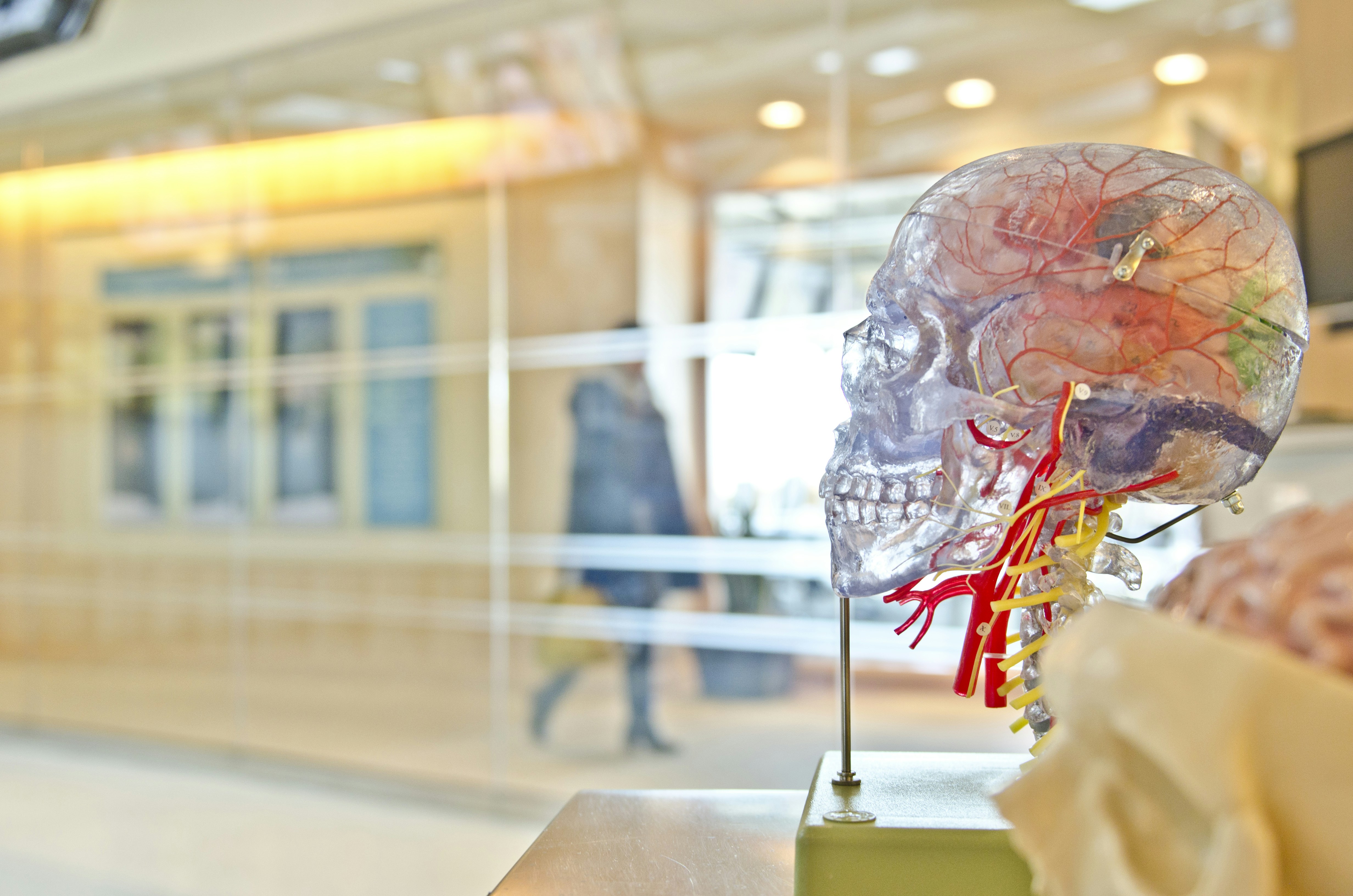Have you ever found yourself in the middle of a sentence and suddenly forgotten what you were about to say? Or walked into a room only to realize you've forgotten why you went there in the first place? These little lapses in memory happen to all of us, but when they become frequent, you might start worrying about cognitive decline. Fortunately, there are numerous effective memory techniques that can help you manage this decline and keep your mental faculties sharp.
Understanding Cognitive Decline
Before we look into the memory techniques, it's important to grasp what cognitive decline actually is. Cognitive decline refers to the gradual loss of certain cognitive abilities, such as memory, attention, and decision-making. It can happen naturally as part of aging or due to other factors such as stress, lack of sleep, or illness. Although it can be worrying, it’s also something that you can tackle head-on with proactive measures.
Different Forms of Memory
To effectively manage memory issues, it's beneficial to understand that there are different types of memory that are affected in various ways. Briefly, they are:
-
Short-term Memory: Also known as working memory, this is where your brain holds information temporarily. For instance, remembering a phone number long enough to dial it.
-
Long-term Memory: This retains information over longer periods. It includes episodic memory (events from your life), semantic memory (facts and knowledge), and procedural memory (how to do certain tasks).
Knowing this can help you tailor specific techniques to the type of memory you're most concerned about.
Techniques for Improving Memory
Now, let’s delve into some effective strategies and techniques that you can use to manage cognitive decline.
1. Mnemonics
Mnemonics are memory-enhancing techniques that help retain information. They often use patterns of letters, ideas, or associations to assist with memorization. For instance, the acronym “HOMES” can be used to remember the Great Lakes (Huron, Ontario, Michigan, Erie, Superior).
How You Can Use Mnemonics
- Acronyms: Create a word from the first letters of the words you need to remember.
- Rhymes: Make information memorable with rhythmic, rhyming slogans.
- Visuals: Associate what you want to remember with vivid, visual imagery.
2. Chunking
Chunking involves breaking down large amounts of information into smaller, manageable parts. This technique is useful when trying to remember numbers or complex instructions.
Implementing Chunking
To remember a long phone number, you can break it down into chunks, such as 123-456-7890. This makes the number easier to memorize and recall.
3. Mind Mapping
Mind mapping is a visual technique that involves creating diagrams to represent words, ideas, or tasks linked around a central concept. It helps in organizing information in a way that's easy to retrieve.
Crafting a Mind Map
- Start with the main idea in the center.
- Branch out with sub-ideas or related topics.
- Use lines and images to connect ideas, engaging spatial memory for better recall.
4. Spaced Repetition
Spaced repetition involves reviewing information at increasing intervals. This technique leverages the psychological spacing effect, where learning is more effective when spread out over time.
Implementing Spaced Repetition
- Review new information soon after learning.
- Revisit it after a few days, then weeks, to reinforce memory.
- Use apps or flashcards to help with this practice.
5. The Loci Method
This ancient technique, also known as the memory palace, involves visualizing placing pieces of information in specific locations within an imagined spatial environment.
Using the Loci Method
- Visualize a familiar place and associate each piece of information with a specific location.
- Walk through this ‘palace' in your mind when trying to recall the information.
6. Narrative Techniques
Creating a story around the information you want to remember can make it more memorable. Our brains are wired for storytelling, which helps you recall details more easily.
Storytelling for Memory
- Develop a simple, coherent story including all the information you need to remember.
- Even absurd or exaggerated elements can make the story (and thus the information) stick.
Lifestyle Adjustments for Memory Enhancement
Beyond specific techniques, certain lifestyle changes can support brain health and memory function.
Balanced Diet
A diet rich in omega-3 fatty acids, antioxidants, and essential vitamins and minerals significantly supports cognitive functions.
- Foods to Include: Fish, berries, nuts, leafy greens, and whole grains.
- Hydration: Ensure you drink enough water, as dehydration can impair cognitive abilities.
Regular Physical Activity
Exercise increases blood flow to your whole body, including the brain, and has been shown to improve memory and cognitive skills.
- Types of Exercise: Engage in a mix of aerobic (like walking or swimming) and anaerobic exercises (such as weightlifting).
Mental Exercises
Engaging in activities that challenge your cognitive abilities, such as puzzles, reading, and learning new skills, can bolster neural connections.
- Games and Puzzles: Crosswords, sudoku, and strategy games train your memory.
- Learning Opportunities: Pick up a new hobby, learn a new language, or take classes.
Stress Management
Chronic stress can impact memory and cognitive function. Engage in practices that promote relaxation and mental health.
- Mindfulness Techniques: Try meditation or yoga to alleviate stress.
- Breaks and Leisure: Ensure you have downtime and engage in enjoyable activities.
Quality Sleep
Sleep is critical for memory consolidation. Ensure you maintain a regular sleep pattern and create an environment conducive to restful sleep.
- Sleep Tips: Have a consistent bedtime, limit screen time before bed, and create a calming bedtime routine.

When to Seek Professional Help
While these strategies can be incredibly beneficial, it's also essential to understand when you might need more specialized support.
Signs of Serious Cognitive Decline
- Frequent memory lapses impacting daily life.
- Difficulty in performing familiar tasks.
- Persistent confusion or disorientation.
If you experience these signs, it’s wise to consult a healthcare professional for advice and possible cognitive assessments. Early intervention can provide more tailored treatments and potentially slow the progression of decline.
Support and Resources
Accessing support from professionals such as neurologists, psychologists, or occupational therapists can be helpful. Additionally, cognitive training programs and support groups can offer guidance and community support.

The Future of Memory Techniques
Advancements in technology have brought exciting developments in cognitive training and memory aids.
Cognitive Training Programs
Various digital platforms are now available that offer personalized cognitive training exercises designed to enhance your memory and attention span.
Memory Augmentation Devices
Innovations in devices, such as wearables that help track cognitive metrics, provide insights into your mental health and suggest actions to maintain cognitive vitality.
Research in Neuroplasticity
The brain’s ability to form and reorganize synaptic connections, especially in response to learning or experience, offers hope. Ongoing research is exploring how neuroplasticity can be harnessed to combat cognitive decline.

Conclusion
In conclusion, recognizing and addressing cognitive decline doesn't mean you have to face it head-on without support. With the right techniques and lifestyle adjustments, you can enhance your memory and maintain cognitive health. Regular practice of these techniques, along with a balanced lifestyle, can significantly impact your cognitive well-being. Remember, staying proactive is key to managing and even reversing the impacts of cognitive decline. Engage with these strategies today as a commitment to a sharper, more resilient mind tomorrow.


